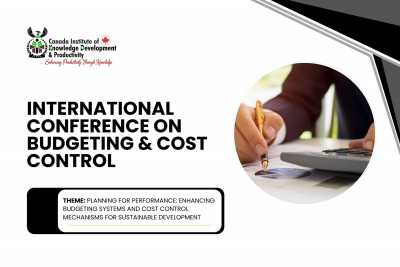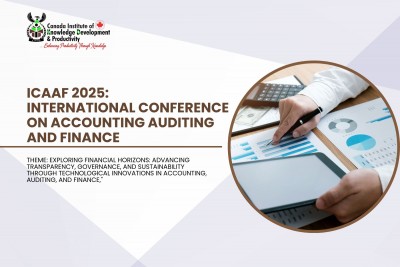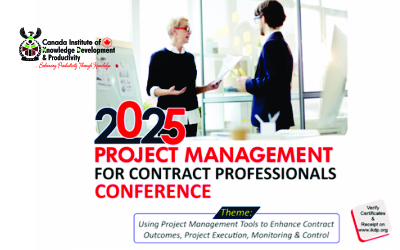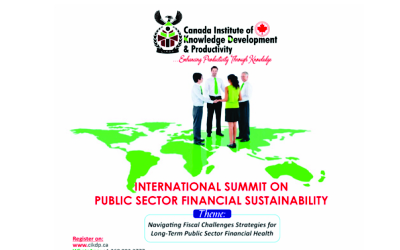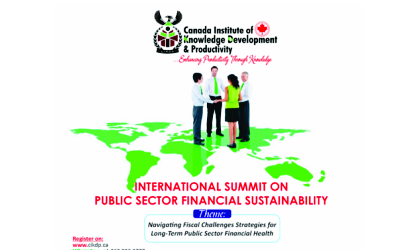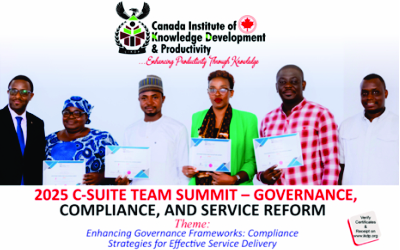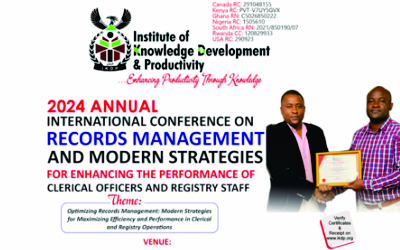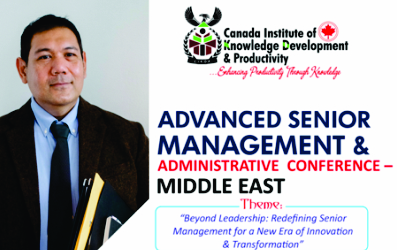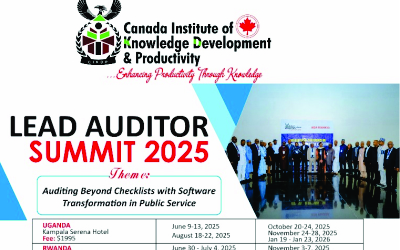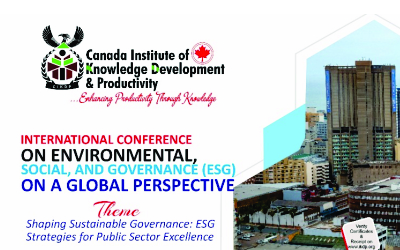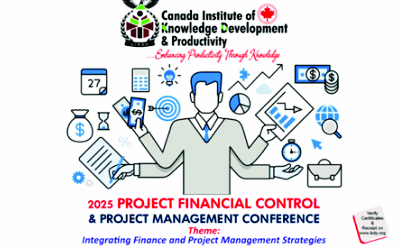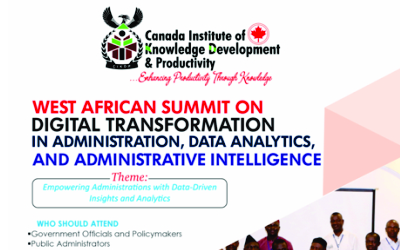Course description
INTRODUCTION
In an era of economic uncertainty, resource constraints, and growing demand for fiscal accountability, effective budgeting and cost control have become essential for both public and private sector organizations. Sound budgeting practices provide a framework for setting priorities, aligning expenditures with strategic goals, and ensuring transparency in resource allocation. Simultaneously, proactive cost control measures help organizations manage spending, optimize operations, and remain financially agile.
This international conference aims to enhance the competencies of financial professionals, project managers, public administrators, and organizational leaders in designing and implementing robust budgeting systems and cost control strategies. It will explore a range of modern techniques including zero-based budgeting, performance budgeting, variance analysis, and cost reduction tactics, all grounded in practical case studies and global best practices.
Participants will also learn how to leverage technology, engage stakeholders in the budgeting process, and navigate challenges related to budget discipline, project overruns, and ineffective expenditure tracking.
By the end of this course, participants will be able to:
- understand the principles of strategic budgeting and its role in planning and performance;
- apply cost control techniques to reduce inefficiencies and enhance financial performance;
- use analytical tools such as cost-benefit analysis and variance analysis;
- develop realistic, transparent, and participatory budgets;
- monitor and evaluate budget execution using key performance indicators (kpis);
- address common challenges in budget implementation and financial control; and
- integrate budgeting systems with organizational goals and decision-making processes
COURSE CONTENT
Module 1: Foundations of Strategic Budgeting
- Overview of budgeting frameworks: line-item, zero-based, performance-based
- Linking budgeting to organizational planning and priorities
- Budget cycle and stakeholder engagement
- Principles of budget transparency and accountability
Module 2: Advanced Cost Control and Financial Efficiency
- Types of costs and cost behavior analysis
- Cost reduction strategies and waste elimination
- Marginal costing and break-even analysis
- Tools for managing operating and capital expenditures
Module 3: Budget Execution, Monitoring, and Evaluation
- Budget implementation and financial discipline
- Performance indicators and variance analysis
- Financial reporting and tracking mechanisms
- Mid-year reviews and corrective actions
Module 4: Technology and Innovation in Budgeting
- Budget automation and software tools
- Integrating budgeting systems with ERP platforms
- Data analytics for budget forecasting and control
- Real-time monitoring and digital dashboards
Module 5: Managing Budget Challenges and Reform
- Handling budget cuts and reallocations
- Addressing corruption and inefficiencies in budget execution
- Lessons from international reforms and best practices
- Public financial management (PFM) frameworks and reforms
WHO SHOULD ATTEND:
- Chief Finance Officers (CFOs)
- Budget Officers and Analysts
- Cost Controllers and Accountants
- Public Sector Finance Directors
- Procurement Managers and Project Coordinators
- Auditors and Compliance Managers
- Local Government Finance Teams
- NGO Program and Grant Managers
- Economists and Policy Planners
- Ministers, Commissioners, and Department Heads in charge of Budget and Planning
What will i learn?
- Understand the principles of strategic budgeting and its role in planning and performance;
- Apply cost control techniques to reduce inefficiencies and enhance financial performance;
- Use analytical tools such as cost-benefit analysis and variance analysis;
- Develop realistic, transparent, and participatory budgets;
- Monitor and evaluate budget execution using key performance indicators (kpis);
Requirements
- June 30 - July 4, 2025. August 18-22, 2025 September 1-5, 2025 November 17-21, 2025 December 15-19, 2025 January 12-16, 2026
Frequently asked question

